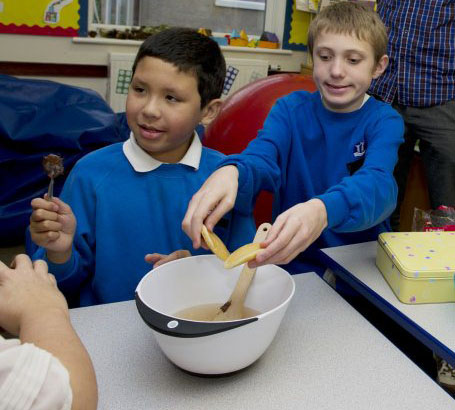
The response of individuals to education has two components:
- Genetic (nature), and
- Environmental (nurture).
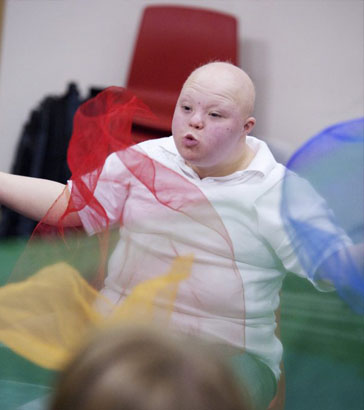
Studies of identical twins, who have the same genetic make-up, have shown that they are more similar in, for instance, personality, reading and mathematical ability, than non-identical twins, who differ in their genetic make-up. While it is widely agreed that individual differences can have a genetic basis, genetic influences on brain development and brain function are not yet well understood.
Genetic make-up alone does not shape a person's learning ability. Genetic predisposition interacts with environmental influences at every level.
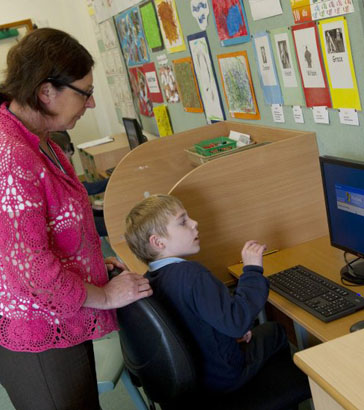
Human learning abilities vary, in the same way that other physical characteristics, such as height, vary. There are some rare genetic conditions that lead to extreme abnormality, but most variations in learning capacity are caused by multiple genetic and environmental influences, each of which may have a small impact.
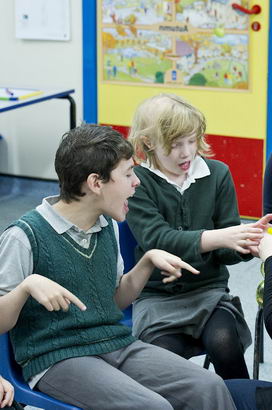
Neuroscience has the potential to help us understand how the genetic predispositions of the brains of individuals (nature) can be built on through education and upbringing (nurture).
Key findings include:
- The way the brain changes and how what we do changes the brain, and
- The power of education to enhance cognition.

Current research in neuroscience is also focused on identifying the brain basis of learning difficulties, which may have implications for:
- Identification and diagnosis
- Designing interventions to overcome or circumvent learning difficulties, and
- Making education more effective.
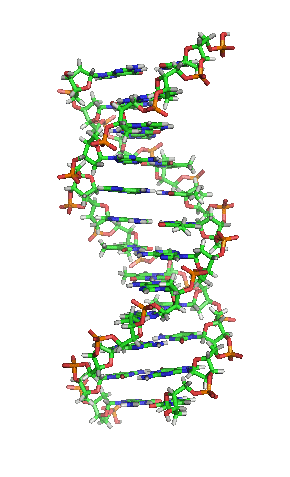
The expansion in genetics research over the last few decades has revealed the importance of genes in creating individual differences. It is likely that genes play a significant role in learning disabilities and that the implications of genetic research will become increasingly important in the future. A summary of current genetic research is outside the scope of this module. Some references to genetics and heredity have been made, however, where they are relevant to the discussion of a particular neurological condition.
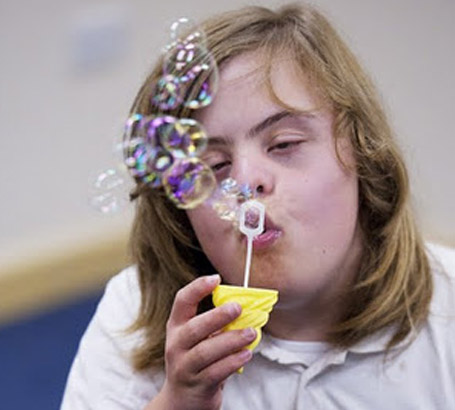
The findings of cognitive psychology have had and continue to have a huge impact on education. Although this module focuses on neuroscience, some references to cognitive psychology are made where they are relevant to the discussion of a particular neurological condition.